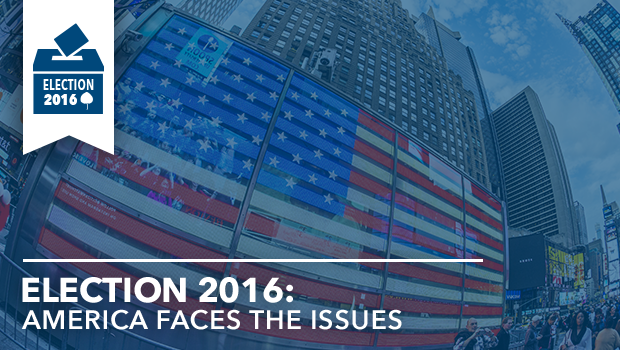As President Barack Obama prepares to step down, we look back on his accomplishments and shortcomings. The talks below examine how Obama tackled race as the nation’s first African-American president, and his work to deal with the recession, create the Affordable Care Act, and manage foreign policy. With Obama leaving office scoring a 60 percent approval rating, the highest it’s been in years, it appears he will exit on a high note.
But what will the history books say about him? Experts weigh in below.
The Obama Legacy
As the historic presidency of Barack Obama comes to a close, we consider how the future will view his leadership. Will economic recovery and health care victories at home be overshadowed by what many see as his failure to intervene meaningfully in conflicts abroad? Critics on the left wish the president had gone further to address climate change, immigration reform, and racial inequality, while critics on the right can’t find much of anything they’ll miss.
The Black Presidency
As Michael Eric Dyson notes in the introduction to his 2016 book, The Black Presidency, “Obama provoked great hope and fear about what a black presidency might mean to our democracy. White and black folk, and brown and beige ones, too have had their views of race and politics turned topsy-turvy.”
Dyson and The Washington Post’s Jonathan Capehart look at how the politics of race have shaped Obama’s identity and groundbreaking presidency. How has Obama dealt publicly with race—as the national traumas of Tamir Rice, Trayvon Martin, Michael Brown, Eric Garner, Freddie Gray, and Walter Scott have played out during his tenure?
The World According to Obama
Barack Obama came into office promising a new American foreign policy. Did he deliver? Did the President successfully extract the United States from the Middle East? Or did he lay the groundwork for the next disaster? Did he pull off the pivot to Asia? Or did he ignore challenges arising in every corner of the globe, from Latin America and Asia to the heart of Europe? Will he be handing his successor a more manageable world, or a global system under unique stress?


